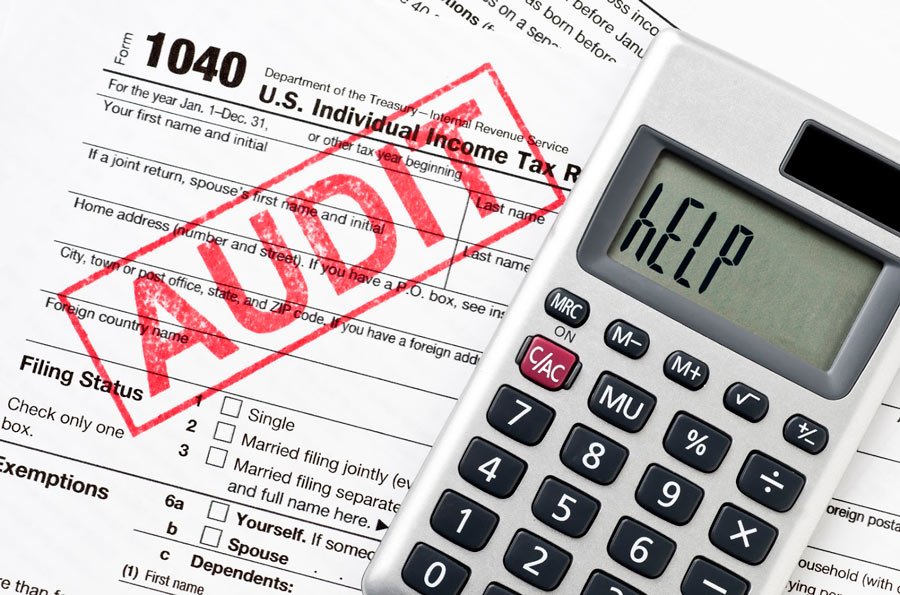Kerby Anderson
A few weeks ago, I talked about legislation being considered that would allow the IRS to review every bank account that has at least a $600 balance or had more than $600 of transactions within a year. Senate Democrats realized that was too controversial, so they’re suggesting the IRS report on individual accounts of $10,000.
This new proposal really isn’t much of a difference, since most Americans spend more than $10,000 a year. It will reduce the privacy concerns about the IRS looking into every discrete transaction. But it will still allow the IRS to scrutinize your bank account and thereby trigger an audit (perhaps through an algorithm) so it can dig through all your financial records.
The Treasury Department assures us that audit rates won’t increase for Americans making less than $400,000. But I don’t believe that, and neither should you. If your goal is to catch tax cheats, many of the wealthy probably have found ways to under-report income. The only way to catch them is to sweep millions into the IRS net.
The reason for this intrusive policy is to deal with the “tax gap.” That is the gap between what you pay in taxes and what the IRS thinks you should pay in taxes. Does tax fraud occur in the US? That is certainly true, especially of criminals laundering money. But most of the so-called “tax gap” occurs due to legal tax deductions and various tax write-offs inserted in the tax code by both Democrats and Republicans in Congress.
Call for eliminating these deductions, or call for a flat tax, and the sound you will hear will come from both special interests and members of Congress. Special interests want their tax benefits. Members of Congress want to use the tax code to craft social policy. We don’t need more IRS audits. We need fewer unfair special interest tax deductions.
 Listen Online
Listen Online Watch Online
Watch Online Find a Station in Your Area
Find a Station in Your Area









 Listen Now
Listen Now Watch Online
Watch Online
